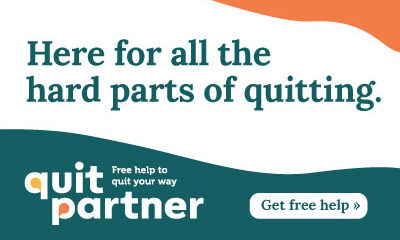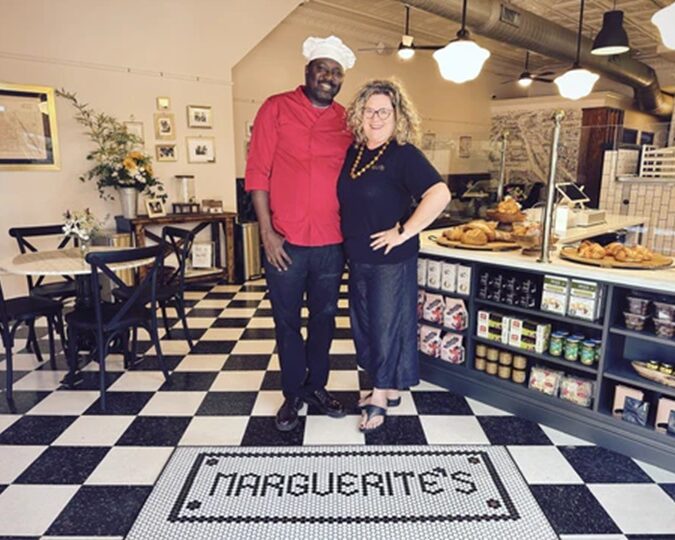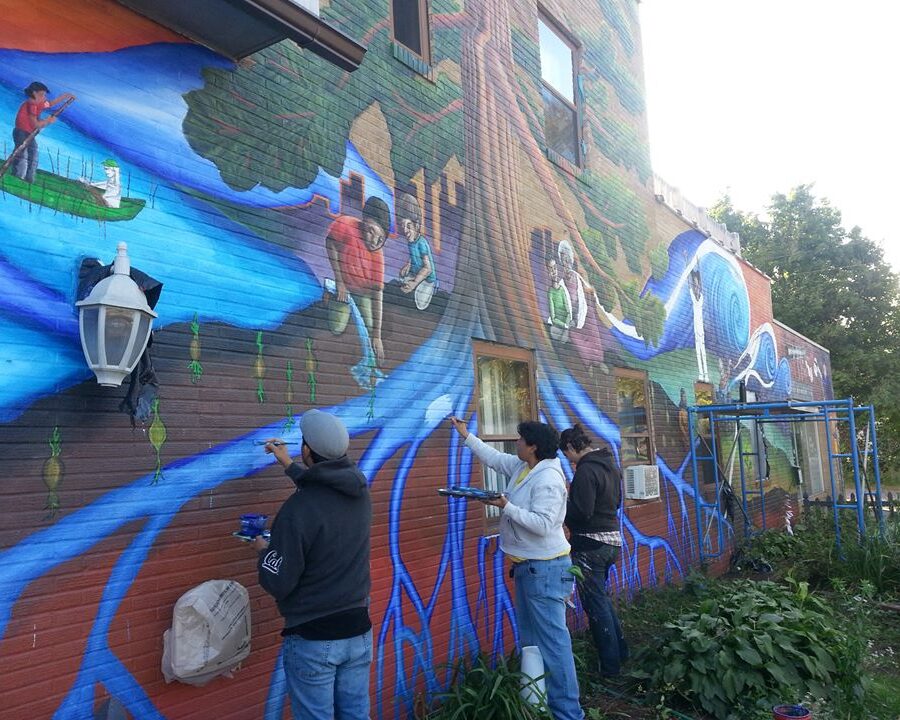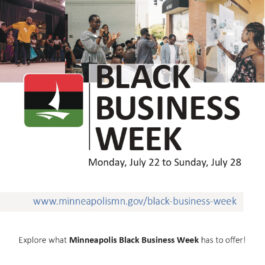BY DAVID TILSEN
In response to the groundswell of action, grief and political pressure, the Minneapolis City Council has finally decided that it must do something about the Minneapolis Police.
The City Council has proposed two things.
First, the council has committed to do a deep community engagement on what public safety should look like in the future. What role should licensed police officers play? What roles can be played by other professionals? What kind of oversight and supervision is needed? Minneapolis’ public safety budget is almost $200 million a year, and that does not include grants, settlements and court awards. If the whole city can be engaged for the next year, from youth to elders, from immigrants to non-English speakers, homeowners to renters, and all of the racial and ethnic communities, this could be an exciting historic achievement.
Second, the council has proposed that the City Charter be changed to eliminate the requirement that the city have a police force and at a specific strength based on the population. The elimination of this requirement does not eliminate the police. It gives the council and the mayor the power to eliminate the police or to reduce its size, but the change would be permissive, not proscriptive.
And the Charter Amendment would create a new Department of Community Safety and Violence Prevention. This department will have a director and will “have responsibility for public safety services, prioritizing a holistic and public health-oriented approach.”
There are no other details in the charter change. The stated council position is that the details of how many police to have, what else to have, etc., will be worked out by the deep community engagement process.
There is no agreement in the city on this. There is no agreement on the City Council. There is no agreement among the many organizations that have been working for police accountability, nor among the many civic organizations.
Both the Communities United Against Police Brutality (CUAPB) and Justice for Jamar Clark, some of the organizations that have been working on this for a long time, argue, “We have no reason to trust the City Council.” They say they have been proposing changes and reforms for decades and the council has done very little. Further, this charter change gives the council a blank check and commits them to nothing. The CUAPB and Justice for Jamar Clark say it is not acceptable.
The Urban League, and other more established civil rights organizations and leaders, criticize the elimination of the current structure. They believe that Chief Arradondo has not been given a chance to lead, and he should not have the rug pulled out from under him.
The mayor complains that putting this new agency under the oversight of the entire City Council, instead of just the mayor, as the police are now, would weaken oversight and make the process too political.
Others worry that public safety will suffer, and that “holistic.” “public-health” and other granola-crunching ideas are just too crazy and all they want is safety—911 answered and criminals apprehended. Do some reforms, but don’t overreact, don’t fix what ain’t broke.
Cam Gordon strongly advocates the charter change, as he says it will give the council the flexibility to respond to the consensus coming out of the year-long process.
I venture to say that there are about 200,000 distinct opinions about what is needed.
I believe we should do the process.
It is not assured that the charter change will make it to the ballot by November. The Charter Commission is going to have public hearings before it votes, and the timeline is short. I believe we should pass it. It makes no immediate change, and I am persuaded by Council Member Gordon’s statement.
I also agree, we should not blindly trust the City Council. The more of us who get involved in this process, the larger the constituency will be for the change we want, and the more likely it is that the council will respond. If not, we have the ballot box, or the threat of the ballot box, every four years.
We have a chance to make history here. Let’s start by talking and listening to each other.
























